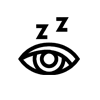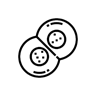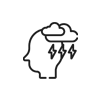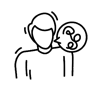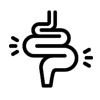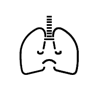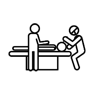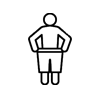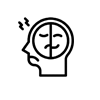
Heroin Overdose
Overdosing on heroin can be extremely life-threatening and requires immediate medical attention. The extent of the overdose depends on the amount and purity of heroin used, other consumed substances, and the individual’s age and weight.
Heroin overdose can be completely unexpected as individuals can overdose during their first time or never overdose at all as a lifelong user; hence why this is such a dangerous illegal substance.
The following are signs and symptoms of heroin overdose:
- Bluish lips, nails or extremities
- Shallow breathing
- Weak pulse
- Extreme drowsiness
- Delirium or confusion
- Loss of consciousness
- Coma
- Dry mouth
- Constipation
- Low blood pressure

